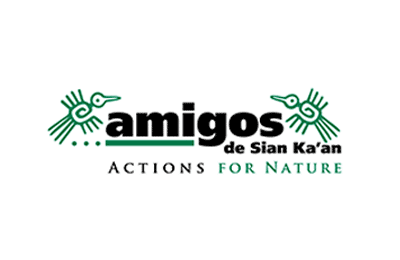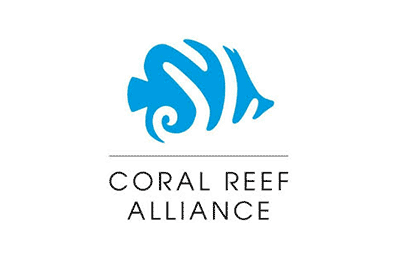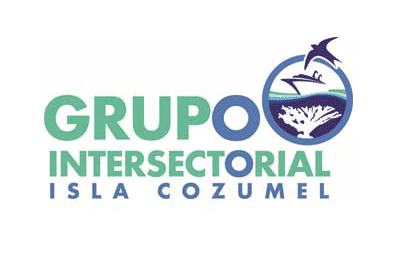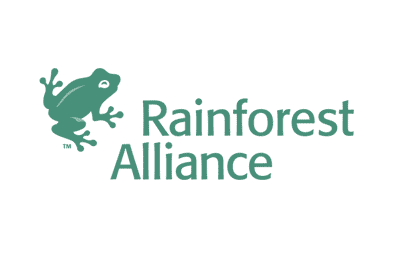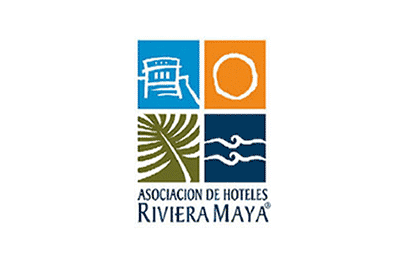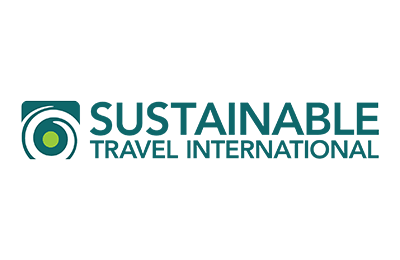Four of the Mesoamerican Caribbean’s most popular destinations are working hard to balance sustainability with business growth through their partnership with the Mesoamerican Reef Tourism Initiative (MARTI) and Sustainable Travel International. Riviera Maya, Cozumel, Roatán, and Utila have assessed their environmental footprints and developed plans to receive sustainable destination certifications.
Riviera Maya, Cozumel, and the Honduran Islands of Roatán and Utila are some of the most visited places in the Mesoamerican Caribbean. Roatán faces a unique set of challenges, as it is the second most-visited cruise ship arrival port in Honduras. The popular island destination of Cozumel seeks to preserve its fragile reefs and protect its unique cultural heritage. In Riviera Maya, hotels work to balance a booming tourism industry with environmental preservation. MARTI officials have collaborated with locals, governmental organizations, and tourism industry professionals to solve each destination’s most pressing sustainability challenges.
Our Role
In Cozumel, the rapid sustainable destination diagnostic, which was done using more than 100 criteria, was completed in 2012. Since then, MARTI’s partners, the Cozumel Island Intersectoral Group (Spanish acronym IG) and Sustainable Travel International, supported the Municipality of Cozumel in integrating principles for sustainability into its public policies.
“The diagnostic gave us strong grounds for recognizing the areas on which we should focus in the coming years if we want to remain a sustainable and competitive destination,” said Federico Ruiz, Cozumel’s Deputy Technical Secretary for Sustainable Development. After the diagnostic, the “Agenda for Action on the Sustainability of Cozumel Island as a Destination” was developed, setting priorities such as getting a destination-level seal of quality and sustainability for tourism operators, promoting the sustainability of Cozumel and highlighting its cultural, natural and historical heritage, and developing a destination-level water conservation program.
Ruiz emphasized that these priorities were integrated into the Cozumel Island Strategic Sustainable Development Plan 2012-2032 (Spanish acronym PETSIC), formulated with assistance from UNESCO. MARTI, through the GI, is supporting several aspects of the PETSIC with projects such as a water protection campaign, the eradication of lionfish, and the promotion of sustainable practices among marine tour operators. It also conducts environmental activities under the San Gervasio Agreement, an initiative to improve social development and the insular conditions of Cozumel.
Support from MARTI has also been crucial to conserving natural heritage in Cozumel. In 2011, it promoted the creation of the Cozumel Forest and Wetlands State Reserve (19,846 ha), and it succeeded in protecting the northern part and the eastern terrestrial and marine coastline of the island (37,829 ha) in 2012.
In the Riviera Maya, MARTI partners are working with representatives from the hotel industry, the Ministry of Tourism, academic institutions, and conservation organizations to take their sustainability efforts to the next level by adopting a destination management approach and achieving an international certification for the Riviera Maya as a sustainable tourism destination.
In 2014, Sustainable Travel International implemented a destination assessment that highlighted the strengths and weaknesses of the Riviera Maya’s tourism industry, and helped define priorities and next steps that need to be taken to continue the certification process. A group of 30 leaders and stakeholders are working to establish a destination management organization for the Riviera Maya, which was defined as a key priority. The group developed a collective vision and a financial model for the new organization and is currently working to implement it. An action plan is also being developed, through multi-stakeholder planning workshops.
Location

Destination: Honduras, Mexico

Region: Mesoamerican Reef
Dates
2012 – 2018
Program
This project was part of the MesoAmerican Reef Tourism Initiative (MARTI), a collaborative program that engaged the tourism industry in protecting the health of the Mesoamerican Reef while generating community benefits. Sustainable Travel International was a founding partner of MARTI and the initiative’s secretariat.
News & Stories
Protect the Places You Love
Help conserve our planet’s most vulnerable destinations and empower the people who live there.



